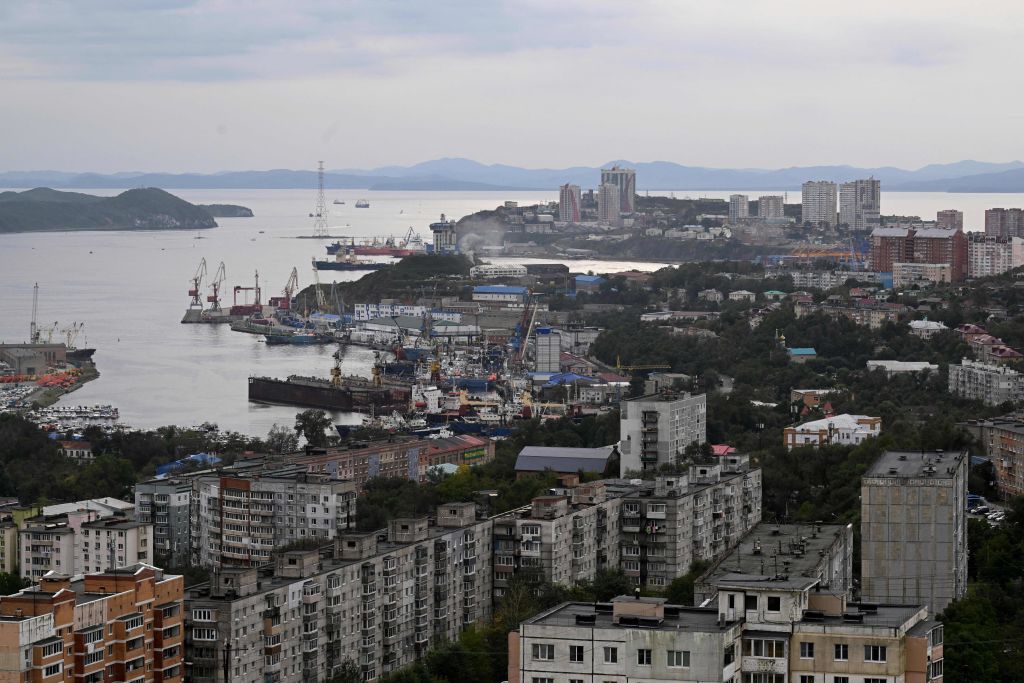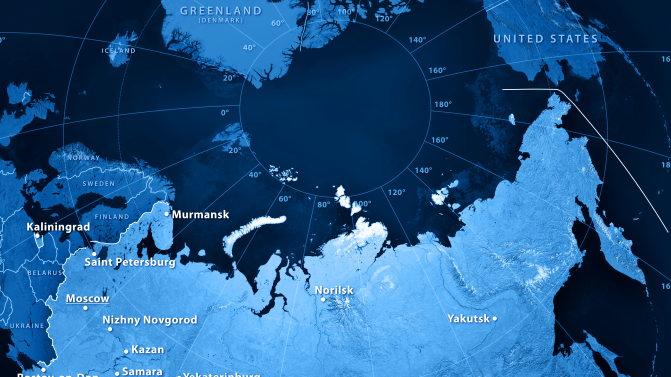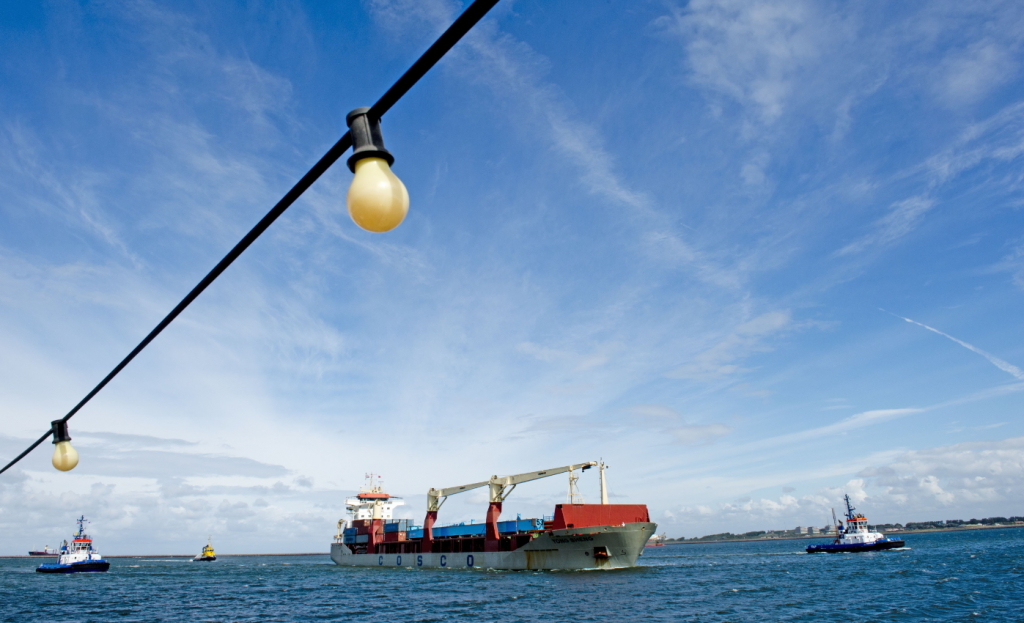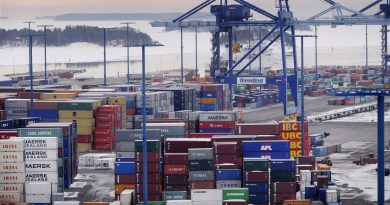U.S. regulator eyes Arctic shipping chokehold as key deadline approaches

With two weeks left for public comments, the U.S. Federal Maritime Commission is probing constraints on key global shipping routes—including the Northern Sea Route.
“As the region’s waters become ice-free for longer periods, the Northern Sea Passage offers a shortcut between Europe and Asia, reducing travel time and fuel consumption,” the Federal Maritime Commission investigation order says.
“However, this has sparked competition over governance, with Russia seeking control over the shortest maritime route between Europe and Asia, and imposing fees, while other nations push for international access.”
The Northern Sea Route, referred to as ‘The Northern Sea Passage’ in the order, refers to the shipping route that runs along the length of northern Russia.

The other maritime chokepoints being investigated are the English Channel, the Malacca Strait, the Singapore Strait, the Panama Canal, the Strait of Gibraltar, and the Suez Canal.
When it comes to the Northern Sea Route, the regulator said the Arctic needs specific attention given in the increasing accessibility and global interest in the region.
“The Northern Sea Passage’s strategic importance is further amplified by increased military activity from Russia and China, including new bases and icebreakers, reflecting its growing value for nuclear deterrence and missile defense,” the order said.
“As a result, both Russia and NATO forces are ramping up their military presence, increasing the potential for tensions and conflicts over access to the region’s trade routes and resources.”

The agency said it will closely examine the seven routes, with a particular focus on foreign laws, military activity, and other practices that could create “unfavorable” conditions for U.S. shipping.
The Commission said that by gathering data and feedback from entities like shipping companies, environmental groups, and foreign policy experts, it can assess whether new federal regulations are needed — which could include measures like blocking access to U.S. ports for ships flagged by countries found to be at fault.
The deadline for public comments is May 13.
Comments, tips or story ideas? Contact Eilís at eilis.quinn(at)cbc.ca
Related stories from around the North:
Canada: Canada, U.S. and Finland form pact to build icebreakers for Arctic, CBC News
Norway: Hybrid-powered electric cruise ship navigates Northwest Passage, CBC News
Russia: Beijing and Moscow tune in for more Arctic shipping, The Independent Barents Observer



